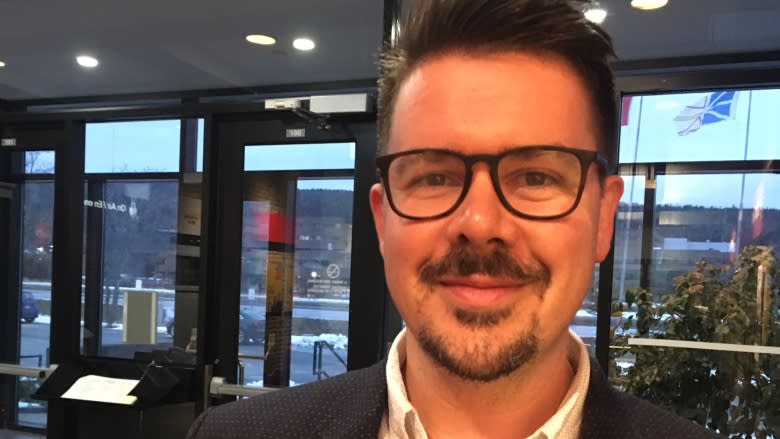Doctor with long wait list frustrated by patient no-shows
One morning this week was particularly frustrating for Dr. Andrew O'Keefe — since half the patients scheduled for appointments at his allergy and immunization clinic in St. John's didn't show up.
"Research done shows 10 to 30 per cent of people are regularly not keeping medical appointments, so it's a systematic issue," O'Keefe told CBC Radio's St. John's Morning Show.
"If there are no-shows or late cancellations that can't be filled, it means that everyone else is waiting a much longer time than they need to, so 20 to 30 per cent longer than they really need to, to be seen."
Patients looking for an appointment at NL Allergy & Immunology already wait three to 12 months, depending on the severity of the case.
Automated reminders not the answer
O'Keefe said the clinic sends an automated appointment reminder by text, telephone or email which helps, but it doesn't change the bottom line.
"Sometimes what we actually see is that the rate of same day cancellations will increase when you institute a reminder system and the rate of no shows decreases, so you get more people who notify you that they're not coming, but at the end of the day you still don't have the ability to fill those blank spots in your schedule."
Currently his office doesn't employ any punitive measures for people who miss appointments — other than rescheduling them for the next available opening which could be months down the road.
Some clinics demand another referral from the family doctor while others charge a fee for missed appointments or those that are cancelled without adequate notice.
But O'Keefe said he doesn't want to put more strain on the health-care system, and fee collection can be difficult and costly to enforce.
What he is considering is planning for no-shows by overbooking, which means patients who do keep their appointments and arrive on schedule will be inconvenienced by having to spend more time in the waiting room.
"I think it's an important thing for people to realize that it's such a big problem, and something that contributes to wait times, and that if we can all be a little more diligent about it hopefully we can work on this together," he said.
"Because at the end of the day we are all on the same side and we want to do the best by our patients ... and we all pay the same bill."



